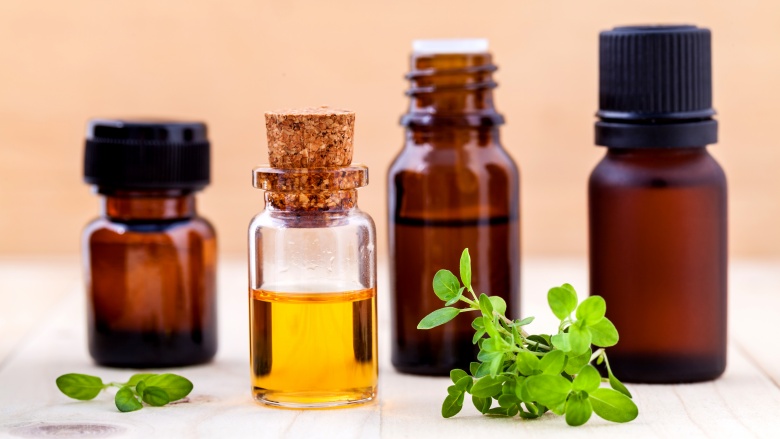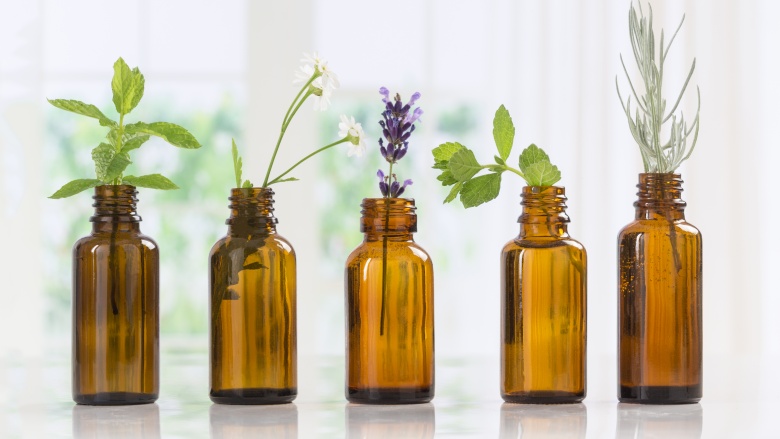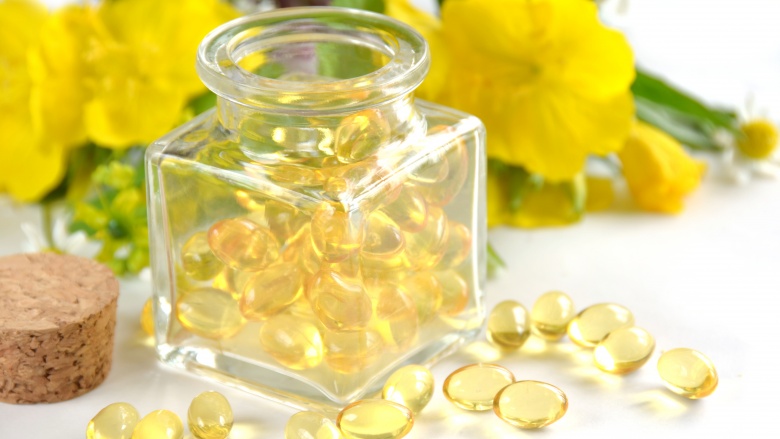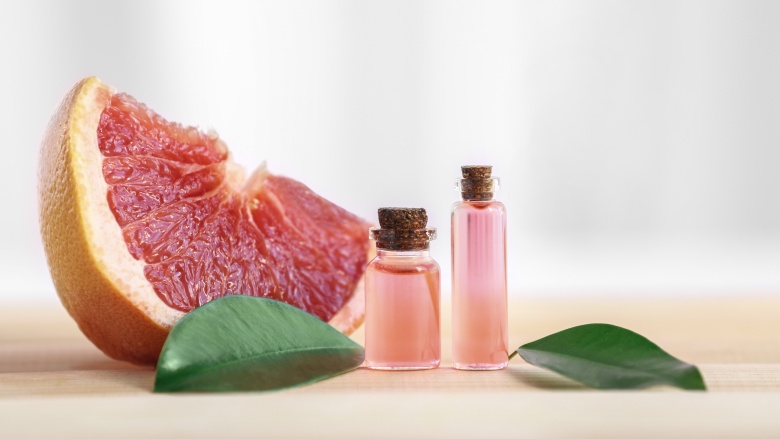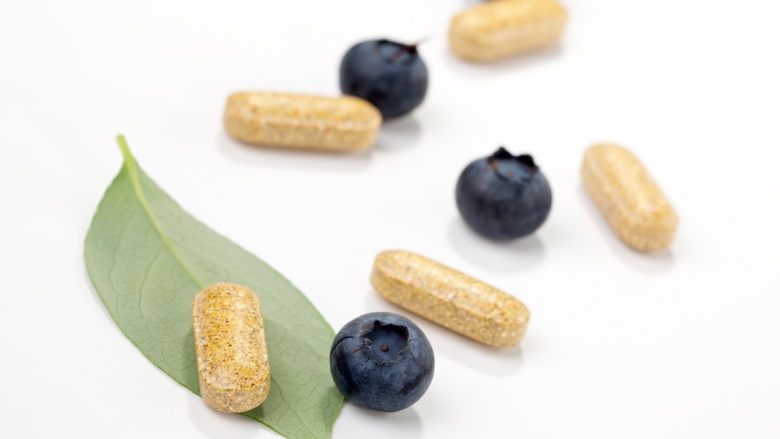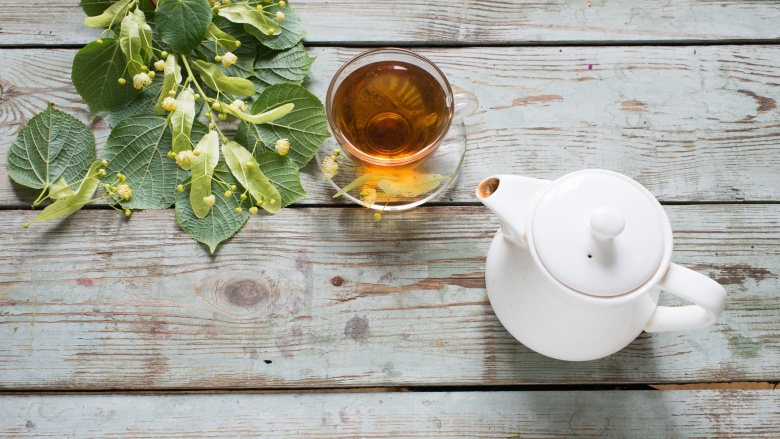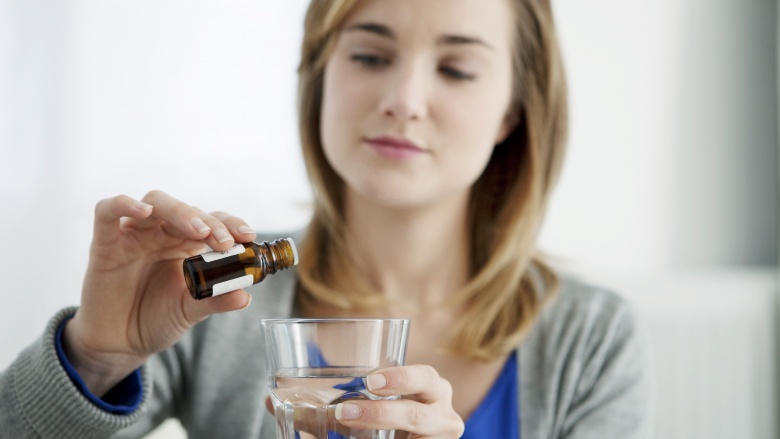Essential Oils You're Not Using But Should Be
As you scroll through your Facebook feed or sip wine at a friend's party, chances are you'll hear someone talking about the power of essential oils. They seem to be everywhere these days, and it can be hard to determine which ones are worth trying. Essential oils are used for everything from physical health problems like fungal infections to emotional concerns like anxiety or depression. They have been used for thousands of years as both medicine and perfumes. Essential oils are even included in many religions' rituals and practices.
Several studies have found that when healthcare providers use essential oils with their pregnant patients, the women not only report less anxiety and fear, but their pain level and nausea are improved as well. Essential oils have been helpful for hair loss, constipation, and psoriasis. Smelling some essential oils could even help you feel better during a colonoscopy! Those are some powerful little plants.
Because essential oils, like all natural remedies and supplements, are not regulated by the Food and Drug Administration (FDA), they are not guaranteed to be safe or effective. It's important to always be cautious and talk with your doctor if you have any questions about how essential oils will affect your health and any medications you're currently taking.
What are essential oils?
Essential oils come from the roots, leaves, seeds, and blossoms of plants. Practitioners soak the plant in a liquid that removes some of the chemicals, leaving the concentrated extract of the plant. Once the oils are prepared, we can inhale them through aromatherapy or absorb them topically by applying them to our skin in lotions or oils.
Even if you've never been into essential oils, you've been exposed to and maybe even benefited from them in the past. If you've had a massage, there were probably scented extracts in the massage oil or in the room. If you've ever smelled your peppermint tea or lavender bath gel, then I hate to break it to you, but you're one of those crazy natural oils ladies.
How do they work?
While we don't know exactly how essential oils affect our health, we know our sense of smell plays an important role. When we inhale essential oils, the tiny smell receptors in our nose pick up the message and send it to the brain. Our sense of smell can send messages to the part of the brain that affects our emotions and memories. This explains why every time you smell tequila, you're immediately transported back to college spring break.
Mayo Clinic nurse Sheryl Ness, R.N. explained the process on the hospital's blog. "Aromatherapy works by stimulating smell receptors in the nose, sending messages via the nervous system to the limbic system — a part of the brain that controls emotions," she wrote. "Some common aromatherapy scents used for relaxation include: lavender, jasmine, chamomile, bergamot, rose, clary sage, neroli, sandalwood, ylang ylang, and vanilla."
Put down the antibiotics
One particularly exciting benefit of essential oils is their antibiotic properties. Studies have linked them to being effective at treating some infections. This is especially helpful because of the antibiotic resistance problem in our country and around the world. When antibiotics are overprescribed to humans or the animals we eat, the bacteria they're fighting can evolve past them. This means the medicines we've always turned to for sinus or ear infections won't work anymore. Dr. Cyril Gay, the senior national program leader at the United States Department of Agriculture's (USDA) Agricultural Research Service, shared these concerns with The Atlantic. "The loss of antibiotics due to antimicrobial resistance is potentially one of the most important challenges the medical and animal-health communities will face in the 21st century," Dr. Gay explained.
Enter essential oils. Studies are showing that when poultry and livestock are exposed to essential oils and supplements, they don't require antibiotics, which means we're exposed to less. Chickens may be able to take rosemary and oregano oils instead of antibiotics. Essential oils may even prevent them from getting salmonella. Healthier, more natural food and fewer antibiotics in our systems? Yes, please. And it's not just the chickens feeling better. Recent research is finding that we humans could try essential oils instead of antibiotics too.
Evening primrose oil
If you're used to suffering all winter with red, chapped hands and skin, evening primrose oil is here to help. This essential oil has been proven to improve the itching and dry skin caused by eczema and dermatitis. As the mother of a child with eczema, I would be willing to try anything that will keep her from itching her skin off. Evening primrose has even been used by Native Americans to treat bruises, open wounds, and sore throats.
Evening primrose oil can also help with premenstrual syndrome (PMS)! When you take a supplement of it by mouth, it should help with common PMS symptoms like breast pain. Now if it only took care of those chocolate cravings.
Tea tree oil
Tea tree oil comes from leaves and can be applied directly to your skin. It is helpful for acne, as well as other skin infections. Studies have shown that using tea tree oil can help with the inflammation and number of pimples on your skin. So instead of trying to cover it up with makeup, it might be a better idea to apply a little tea tree oil every night.
Tea tree oil is also thought to have antiseptic properties, so it can treat and possibly even prevent some infections. It could help with fungal skin infections of the nail or athlete's foot. With all those horrifying stories of dirty nail salons, I'm planning to apply a few drops of tea tree oil before my next pedicure.
Tea tree oil can be mildly irritating to your skin, so if you know you have sensitive skin watch out for that. Make sure to stick with the recommended amount and never go over that.
Grapefruit seed extract
Next time you enjoy half a grapefruit in the morning, hang on to the seeds and pulp. That's where grapefruit seed extract comes from. Grapefruit seed extract is a natural detoxifier and can help our immune systems fight off infection. Taking it by mouth can help with tummy troubles like diarrhea and even food poisoning.
While grapefruit seed extract is loaded with health benefits, make sure to read the label before you buy it. Many store-bought varieties can be loaded with chemicals and preservatives, which pretty much defeats the purpose of trying this natural remedy. For this reason, physician Andrew Weil, M.D. recommends only using grapefruit seed extract on your skin, as opposed to taking it by mouth. Dr. Weil suggests placing some of the oil on your nails to treat nail fungus or even spraying it around your kitchen to prevent mildew. That sounds like a much better way to take care of that buildup in the shower than spending your weekends scrubbing it down with harsh chemicals.
Lavender
In addition to its light, lovely scent, lavender has been linked to loads of potential health benefits. Most of us have used lavender in some form, whether it is soap in the shower or an aroma at the spa. The original meaning of lavender is "to wash," but it does a lot more than make our soap smell nice.
Recent studies have looked at lavender's effect on insomnia, hair loss, anxiety, stress, and even surgical pain. Lavender is known for helping with relaxation. Research has shown that smelling lavender may actually cause our nervous systems to slow down. This results in our bodies feeling more relaxed, and also makes it easier to fall asleep and feel happier. If you tend to spend your nights tossing and turning as you worry about tomorrow, maybe spray a little lavender on your pillow and see what happens. Lavender can also be used for headaches and fatigue.
Peppermint
Munching on too many candy canes during the holiday season? Go for it! Peppermint is good for you and does a lot more than just make your hot chocolate taste extra delicious. Peppermint has been found to have a numbing effect, which is why it's used to treat headaches, nausea, diarrhea, menstrual cramps, and even anxiety.
Peppermint has also been shown to calm our stomach muscles. When our muscles aren't all clenched up, we can then digest food faster and even get rid of painful gas faster. This could also be why peppermint is so helpful for nausea. When I was dealing with constant morning sickness during my pregnancy, smelling and drinking peppermint tea was the only thing that helped me. Peppermint can also ease the cramping and pain from irritable bowel syndrome. However, peppermint can actually make heartburn and reflux worse, so avoid it after that big burrito at lunch.
If you'd like to drop a few holiday pounds, don't put the candy canes away just yet. The Chicago Tribune reported on research finding that smelling peppermint reduced feelings of hunger and actually caused study participants to eat 2,800 fewer calories in a week! Smelling a little peppermint can even help you feel more alert and motivated.
Peppermint is also helpful for colds and flu. That menthol in sprays and rubs for throat pain and congestion comes from peppermint. It helps loosen up the annoying phlegm sitting in your sinuses and lungs, so you can cough it up and move on with your life. If you'd like to use peppermint for your cold, brew up some peppermint tea or try the coated capsules.
Lemon
Next time the waiter asks if you'd like lemon for your water, say yes. It's proven to prevent infections of our guts. Research has shown that using lemon extract prevents the growth of the yeast Candida albicans in our guts. This is the yeast that causes fun problems like yeast infections, weight gain, sinus infections, canker sores, and ringworm. Considering the fact that the study authors estimated more than 40 million Americans deal with too much of this yeast, a little lemon extract may go a long way.
Drinking lemon juice can also give you more benefits. The New York Times reported on a study that linked lemon juice to preventing kidney stones. The citrus in lemon may even prevent certain types of cancer.
Bilberry
Bilberry is the blueberry's younger, cooler little sister. It's also full of antioxidants, but has loads of other healing properties. It can even be used in pies just like blueberries! Well, maybe make that a sugar-free pie, because bilberry can help manage diabetes. It's been used to control blood sugar levels and can be especially helpful right after a meal. Some research has found that taking bilberry activates fat burning in the body. Maybe a little bilberry pie after dinner tonight? Some research has shown that the antioxidants in bilberry may be good for our hearts as well. Bilberry has properties that strengthen our blood vessels and improve our circulation. This means less work for our heart, which is always a good thing.
A little bilberry jam or essential oil may help you see better, too. Its antioxidants can improve retina health and may improve our vision. It has also been shown to be helpful in patients who have the vision problem glaucoma.
Green tea extract
We often think of drinking green tea, but it also comes in a concentrated extract form. Either way, it's time to try this powerful little leaf. Green tea is known for its antioxidants and is linked to improving heart health, risk of cancer, and liver health. Unlike many other essential oils, green tea extract has been studied by physicians and scientists, so we truly know that its benefits are legit.
Green tea has been shown to lower cholesterol and triglyceride levels. In fact, by drinking three cups of green tea per day you could cut your heart attack risk by 11 percent. So next time everyone at the family party is swapping health concern stories, brew up a big pot of green tea.
Scientists also believe that some of the antioxidants in green tea can prevent some types of cancer. It has even been shown to slow or stop the growth of breast cancer cells in studies. One study found that women with ovarian cancer who drank green tea lived longer than those who didn't brew up a cup every day.
Rosemary
If you open your kitchen cabinets, you'll likely find rosemary sitting back there. Not only can it add some great flavor to chicken and fish, but rosemary essential oil may improve memory, help muscle pain, and improve circulation. Rosemary oil should always be used on the skin and not swallowed. Like its essential oil friends, rosemary oil has been shown to kill some types of bacteria and fungus.
Rosemary may help with hair loss, too. Massaging your head with rosemary oil could stimulate hair growth, but the research is mixed. Either way, you'll smell delightful. Just smelling the oil can lead to feeling more relaxed and less stressed. It may even improve your memory.
Can everyone benefit?
Essential oils are not tested for safety, so it's important to do your homework before diving in. If you have asthma or any severe allergies, it's best to talk to your doctor before trying them. Along with your beloved booze and caffeine, it might be time to put away some of the essential oils when you become pregnant. Some essential oils can also interact with medications, so ask your pharmacist if you have any concerns.
Most essential oils are safe, but they could still cause side effects. Mayo Clinic physician Brent A. Bauer, M.D. discussed some essential oil possible side effects on the hospital's blog. "When oils are applied to the skin, side effects may include allergic reactions, skin irritation and sun sensitivity," he explained. "In addition, further research is needed to determine how essential oils might affect children and how the oils might affect women who are pregnant or breastfeeding, as well as how the oils might interact with medications and other treatments." If you know you have sensitive skin, you could try diluting the oil with some water before applying it to your skin.


